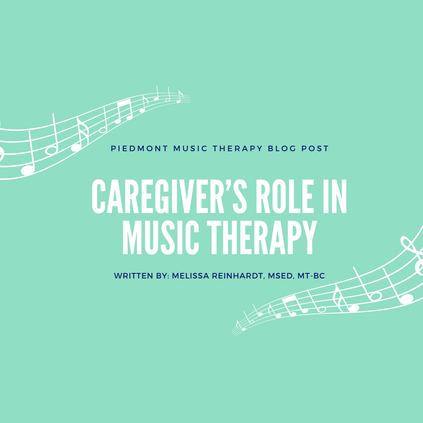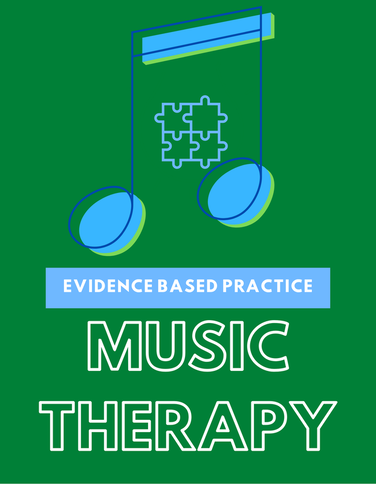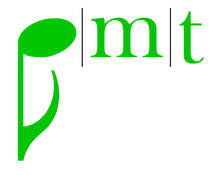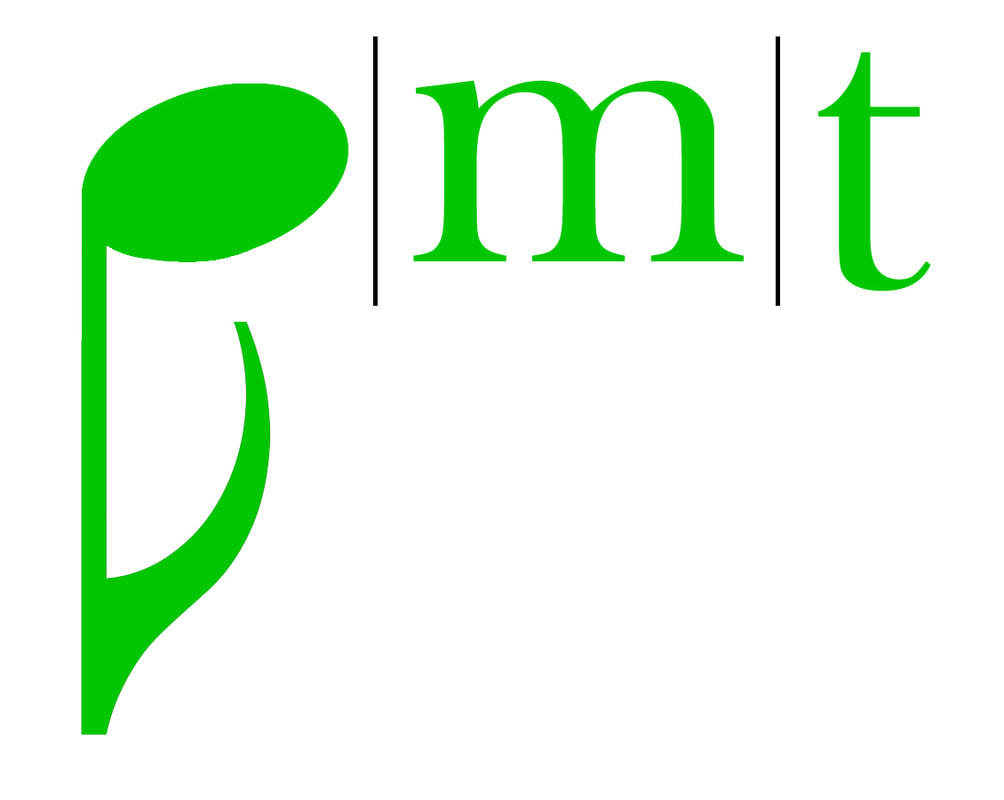Written by: Melissa Reinhardt, MSEd, MT-BC Music therapists consider the relationship between the client, the therapist and the music as the utmost important factors in a music therapy session. I would also add that the role of the caregiver is as equally important if sometimes not more important to the success of the music therapy session. A caregiver as defined by Merriam-Webster, is a “person who provides direct care (as for children, elderly people or the chronically ill.”) Oftentimes, especially in group music therapy, caregivers are involved in the session - this may be at the request of the music therapist or perhaps it is the caregivers choice to be involved. Either way, the caregiver can play an integral role in the success of the music therapy session which translates into success and learning for the client(s) involved. When I worked at a large state facility for adults with intellectual disabilities, there was always at least one caregiver in each group. This would often be the same person who would bring the group of clients to music therapy and then escort them to their next program. A caregiver could make or break a session - this is how important their role was! If a caregiver was disinterested, removed themselves from the group and did not participate, the clients instinctively knew that something was up and they often followed their caregiver’s lead! As they should; this caregiver was like a family member to them - they cared for them, spent time with them and was there for them for extended periods of time. However, when the caregiver became involved in the session, the clients would take notice and would often respond more positively, be more engaged and willing to participate in the music therapy interventions. If you are a caregiver, you are important to music therapists! Some may view music therapists as those who only want to work alone and do not need assistance from others - this could not be further from the truth. Music therapists have expertise in music therapy, but caregivers have expertise in their clients. The caregiver spends a significant amount of time with their clients and knows more about them than any professional. The caregiver’s knowledge of the client can be extremely beneficial for the success of therapy. Information that is important to share with the music therapist could include medication changes, illnesses, changes in routine and any significant happenings that could affect the client’s participation and success in sessions. It is a challenge as a therapist to have a music therapy session that does not go well only to find out the client had not had any sleep the night before or they had a significant medication change! What can you do as a caregiver whose client or loved one participates in music therapy? Talking to the therapist would be a good place to start. If your family member is involved in a large group, oftentimes just sitting with your loved one during music therapy will not only be a great help to the music therapist, but you also might enjoy yourself and see the benefits! Perhaps you already use music in some way with your client -share those ways with the therapist so they can be incorporated into the session. You may learn ways in which you could offer music to your client outside of the music therapy session and therefore, support the use of skills learned to the client’s daily life. Musical preferences is another area that caregivers can be of great assistance - music therapists are very knowledgeable about music, but it is virtually impossible to know every song or style of music the client likes. Sharing these musical preferences or even significant music from a client’s past (such as a wedding song, etc) can have a significant impact on the client’s interest and motivation to participate. Furthermore, music therapists teach skills to clients that can be applied to their everyday lives. For children with autism, this may be a song to help them learn how to dress themselves, for a stroke patient who suffers from language difficulties, this may be melodic or rhythmic phrases to express a need or want. Without the application to daily life, these skills no longer are effective if they can only be demonstrated during the session. However, if the caregiver learns these songs and/or phrases, they can easily be used in the home, school or work setting to help the client make that transfer of skills which is very important. Think you can’t sing? No worries! The client won’t notice - they will be too excited to hear their song and show you what they can do!
0 Comments
Music Therapy Listed as Evidence-Based Practice for Children with Autism Spectrum Disorders6/9/2020 written by: Melissa Reinhardt, MSED, MT-BC Recently, music therapy was recognized as an evidence-based practice (EBP) for children (ages 0-14) with Autism Spectrum Disorder under “music-mediated” interventions by the National Clearinghouse of Autism Evidence and Practice Review Team at University of North Carolina/Frank Porter Graham Child Development Institute. This report was written with the purpose to inform others of practices that demonstrate definitive evidence of positive effects for children and youth with ASD. Research published between 1990 and 2017 with behavioral, clinical, developmental and/or educational focus was reviewed. Evidence-based practice (EBP) is an approach to selecting and using interventions that have scientific proof of effectiveness through systematic reviews of scientific literature. This in addition to the practitioner’s (e.g. music therapist) considerations is crucial in order to provide the best possible service to persons with ASD. Between the years of 1990 and 2011, 3 research articles were included in the review and between the years of 2012 and 2017, 4 studies were included for a total of 7 articles in support of “music-mediated” interventions which includes music therapy. In looking closer at “music-mediated” interventions (MMI), the researchers define this as “an EBP that uses music as a key feature of the intervention delivery. This includes music therapy, which occurs in a therapeutic relationship with a trained music therapist, in addition to the planned use of songs, melodic intonation, and/or rhythm to support the learning or performance of target behaviors and skills in various contexts” (pg. 92). In examining the results, researchers indicate that music-mediated interventions are an effective approach to outcomes in communication and adaptive/self-help skills for the toddler age group (0-2 years). For the preschooler group (ages 3-5), music-medicated interventions are effective to support outcomes in communication, social, play, school readiness, challenging/interfering behavior and motor skills. Children ages 6-11 years (Elementary group), communication, social, school readiness, challenging/interfering behavior and motor skills were supported by EBP. The middle school group (ages 12-14 years), EBP outcomes were identified as communication and social skills. No data was present for the high school aged group (15-18 years) and the young adult group (19-22 years). As indicated, the preschool aged group and the elementary aged group had the highest number of effective practices/outcomes (6 and 5, respectively). It should also be noted that even though no data was present for the high school aged group and the young adult age group does not indicate that music therapy is not an effective tool, it means rather that no research studies have been published with these age groups. CITATION: |
PMTProviding music therapy services for early childhood to older adults, music instruction and enrichment plus continuing music therapy education in Greater Charlotte Area of the Carolinas. Archives
May 2024
Categories
All
|
Piedmont Music Therapy is a 501(c)(3) status organization.
Piedmont Music Therapy accepts donations via venmo @piedmontmusictherapy or any amount through QuickBooks. Contact us to arrange an electronic pledge!
Main Location |
|


 RSS Feed
RSS Feed
